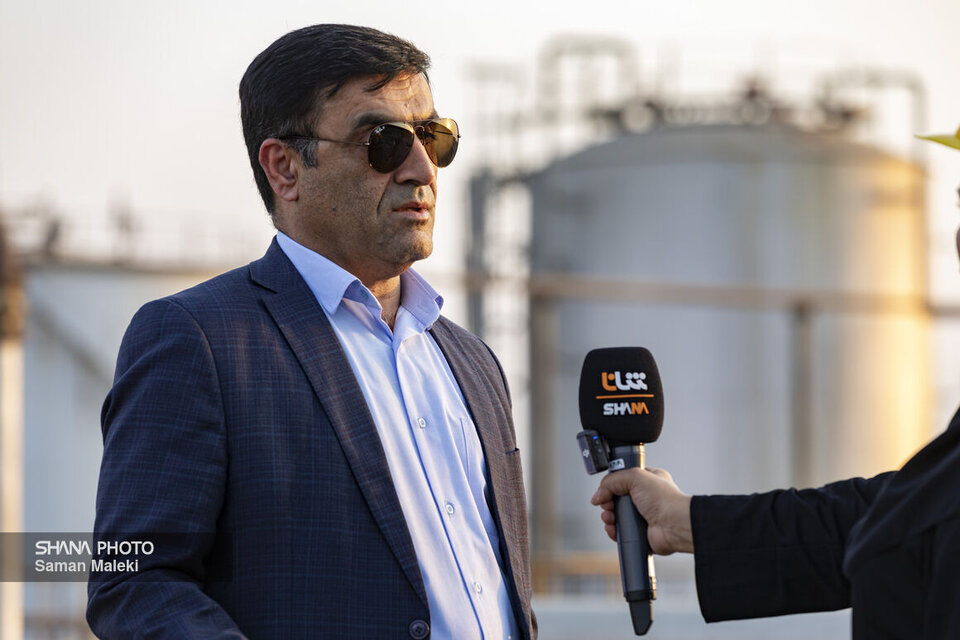Ebrahim Piramoun, the company’s managing director, said the 14th government has made boosting oil production one of its top priorities, with much of that increase coming from southern oilfields. “Despite challenges, production plans were carried out last year and continue this year without delay or decline,” he said.
Piramoun said the company has also taken effective steps to curb gas flaring, reducing wasted resources and improving air quality in urban areas. The effort, he added, has eased the country’s natural gas imbalance and delivered more than 30% of the company’s gas commitments to the national grid.
On maintenance, Piramoun noted that with aging equipment, the company launched an overhaul program last year to secure steady production. Many facilities have already been repaired, with the rest underway. He said most major repairs are planned during the hot season, which is more suitable for gas-related work.
Gas recovery projects advancing
Piramoun said associated gas recovery projects are underway on three fronts in the southern oilfields, with some units already operational. The company aims to capture 200 million cubic feet of flare gas per day by the end of this year.
Two major recovery projects are being developed by Persian Gulf Holding in Aghajari and Gachsaran and by Maroun Petrochemical in Ahvaz and Maroun. Another plan auctions smaller and scattered flare gas to small and knowledge-based companies. The program has now grown into a major project, with new allocations set for this year.
He said the company’s target is to capture 80% of flare gas by 2026 and complete the process by 2028.
Need for faster development
The director said southern oilfields have significant potential for both development and production increases, particularly in older fields that can benefit from new technology and investment. However, gas injection programs that once boosted oil recovery have faced setbacks due to gas supply shortages. Developing gas reservoirs, including condensate fields in the Khami formation, is key to sustaining injection and providing feedstock for petrochemicals, he said.
“With global fossil fuel conditions and environmental challenges, there is little time left to maximize recovery,” Piramoun said. “We must move forward with greater determination and speed.”
Human resources, social responsibility
Piramoun stressed the importance of skilled and motivated staff in advancing oil industry projects, especially in the difficult climate of southern Iran. He called for revising pay ceilings that have cut benefits and dampened employee morale, as well as addressing disparities in temporary and contract employment.
He also underscored the company’s social responsibility toward surrounding communities, where poverty persists despite vast oil production. “This wealth belongs to the people,” he said. “No one is more deserving of its benefits than the residents of these regions. Oil is a national resource, and the economy depends on it for progress.”


Your Comment